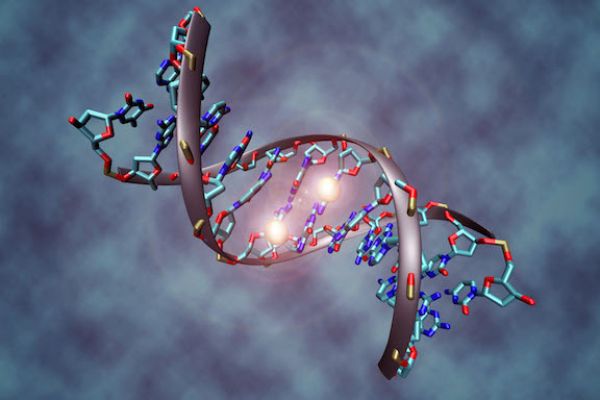In 2015 the World Health Organization declared that glyphosate — the active ingredient in Roundup® weed killer and the most-used herbicide in the world — is “probably carcinogenic [cancer-causing] to humans.” Three years later, a San Francisco jury awarded $289 million in damages to Dewayne Johnson, a school groundskeeper, concluding that exposure to Roundup caused his non-Hodgkin lymphoma.
Those headlines have boosted concerns about whether chemicals used for growing crops can increase the risk of cancer. Past research has focused mostly on the risk to agricultural workers, who may be exposed to large volumes of herbicides and pesticides on a regular basis. But could eating foods grown with those chemicals also put you at risk? Is it time go organic? And what exactly is organic food?
For starters, food that is 100% organic* means:
- Crops grown without herbicides, pesticides, fungicides, man-made fertilizers, sewage sludge (from municipal sewage plants — used as fertilizer) or ionizing radiation (to stimulate plant growth), and that are not GMOs — genetically modified organisms.
- Eggs, dairy, meat and poultry from animals that have not been fed antibiotics or growth hormones, and that are not GMOs.
Depending on the season and where you buy it, organic food can cost up to 30% more than non-organic food. So what’s the potential payoff in terms of reducing your cancer risk?
Never miss another Cancer Talk blog!
Sign up to receive our monthly Cancer Talk e-newsletter.
Sign up!Results of Two Studies
Only two studies to date have tried to determine whether eating organic foods can lower that risk. The first, published in the British Journal of Cancer in 2014, involved more than 623,000 women in the United Kingdom. The study found that “there was little or no decrease in the incidence of cancer associated with the consumption of organic food, except possibly for non-Hodgkin lymphoma.”
But a second and more recent study, involving more than 54,000 French participants, reported very different results. Published in JAMA Internal Medicine in December 2018, the study concluded that “a higher frequency of organic food consumption was associated with a reduced risk of cancer.”
Keep in mind that many different factors can affect how research data are interpreted, cautions Christine Ambrosone, PhD, Chair of Cancer Prevention and Control and Senior Vice President of Population Sciences at Roswell Park. Pointing to the French study, she asks, “Is it really the consumption of organic food that’s associated with lower risk, or is it something else that’s common to people who tend to eat organic food?” For example, participants in the study who ate the most organic foods also tended to be non-smokers who were physically active and ate less processed and red meat than other participants — so maybe eating organic foods was just part of an overall healthy lifestyle that reduced their risk of cancer.
Those questions will have to be sorted out through continued research, Ambrosone says. “We know that some pesticides and herbicides are carcinogenic in animals,” she says, but adds that we need stronger evidence to show whether or not eating organic foods can affect cancer risk one way or the other. The results of the French study are “really promising, and they certainly provide justification for more studies addressing this issue.”
In the meantime, we already have plenty of evidence that other lifestyle choices can reduce your risk. Says Ambrosone, “We know that a healthy body weight, physical activity, whole grains and low meat consumption are the best things you can do to reduce cancer risk — and don’t smoke!”
*Not all organic foods are 100% organic. The U.S. Department of Agriculture (USDA) recognizes four categories:
- 100% Organic
- Organic (at least 95% of the ingredients are organic)
- Made with Organic ___ [list of up to three ingredients] (At least 70% of the ingredients are organic.)
- Specific organic ingredients make up less than 70 percent of the product.


